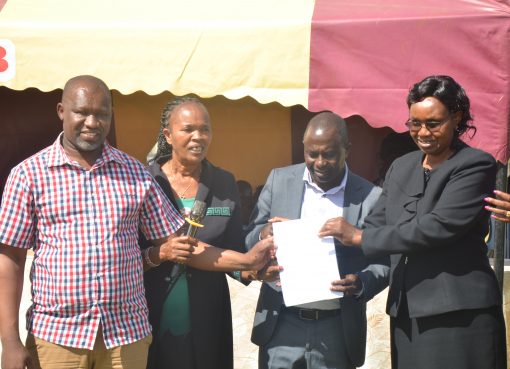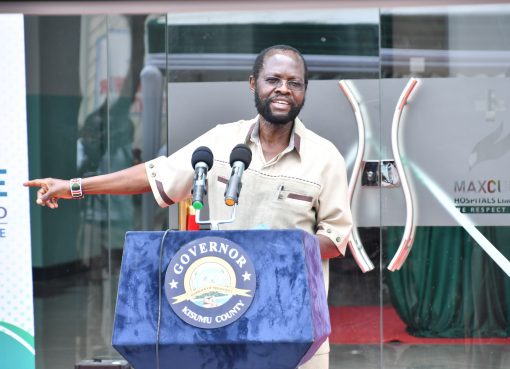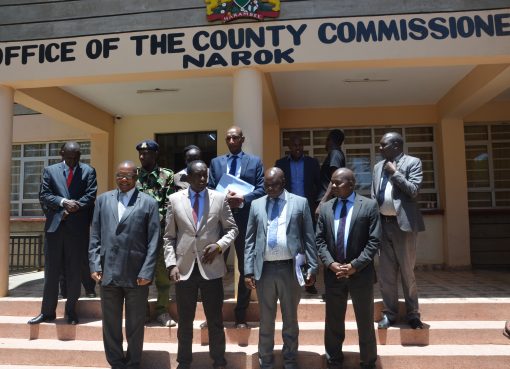Pastoralists in West Pokot County are reaping benefits through De-Risking, Inclusion, and Value Enhancement (DRIVE) project, despite the devastating effects of climate change.
The World Bank sponsored project being implemented through 21 Arid and Semi-Arid Lands (ASAL) counties in Kenya, is an initiative designed to protect livestock farmers from the devastating effects of drought, where significant progress has been made in West Pokot County, capturing a good number of pastoralists as beneficiaries.
Speaking during a training session to farmers in Kapenguria, Judith Muricho from the State Department for Livestock Development, DRIVE Project Implementation Unit, said a total of 11,329 registered pastoralists from 15 wards in West Pokot had been captured under the project, but out of the number 764 are ineligible.
“A total of Sh63.39 million in financial bonuses have been allocated to 10,565 eligible pastoralists whereby to date, Sh59.7 million has already been paid to 9,951 beneficiaries, while payments of Sh3.68 million to the remaining are still pending due to data verification,” stated Muricho, while focusing on the October-November-December Livestock Insurance Sales.
She said the project which is being implemented under the pastoral economies in the Horn of Africa that covers the four countries of Kenya, Somalia, Ethiopia and Djibouti, aims at facilitating pastoralists and connecting them to better markets, hence improved livelihoods.
The initiative works under two components that entail index-based livestock insurance, where the government is subsidizing insurance up to 80% as the pastoralist pays a premium of 20%, but during drought, they receive payouts to buy water, drugs and pasture where so far the eligible pastoralists, who registered in October have each reached their Sh6,000 in bonuses.
Besides insurance, the DRIVE project is enhancing the livestock value chain through affordable loans via Kenya Development Corporation (KDC), digital payment solutions, and trade facilitation services.
“Component two entails market aggregation, where pastoralists get connected to better markets and can access loans so as to improve their livelihoods,” she highlighted.
Muricho added that besides the pastoralists benefitting through bonuses, Sh13 million had been paid to community mobilisers in commissions depending on the number of pastoralists they registered with each of them getting between Sh50,000 and Sh80,000.
According to the County Executive for Agriculture, Irrigation, Livestock and Fisheries Wilfred Longronyang, the DRIVE project interventions align with the county’s overreaching agenda of “Promoting Climate-Smart Agriculture and Trade Initiatives for Sustainable Growth.”
Longronyang acknowledged the project’s role in transforming the local livestock sector, arguing that for years, pastoralists in the region have struggled with the effects of climate change that have threatened their livestock production and incomes.
“Indeed the DRIVE project is a game changer because it is ensuring financial security and better access to credit, something that our pastoralists have been missing for a long time,” he noted.
On his part, Governor Simon Kachapin has been emphasizing the county’s administration’s commitment to expanding financial inclusion, modernising livestock farming, and fostering public and private sector investments to enhance economic resilience.
By Richard Muhambe





